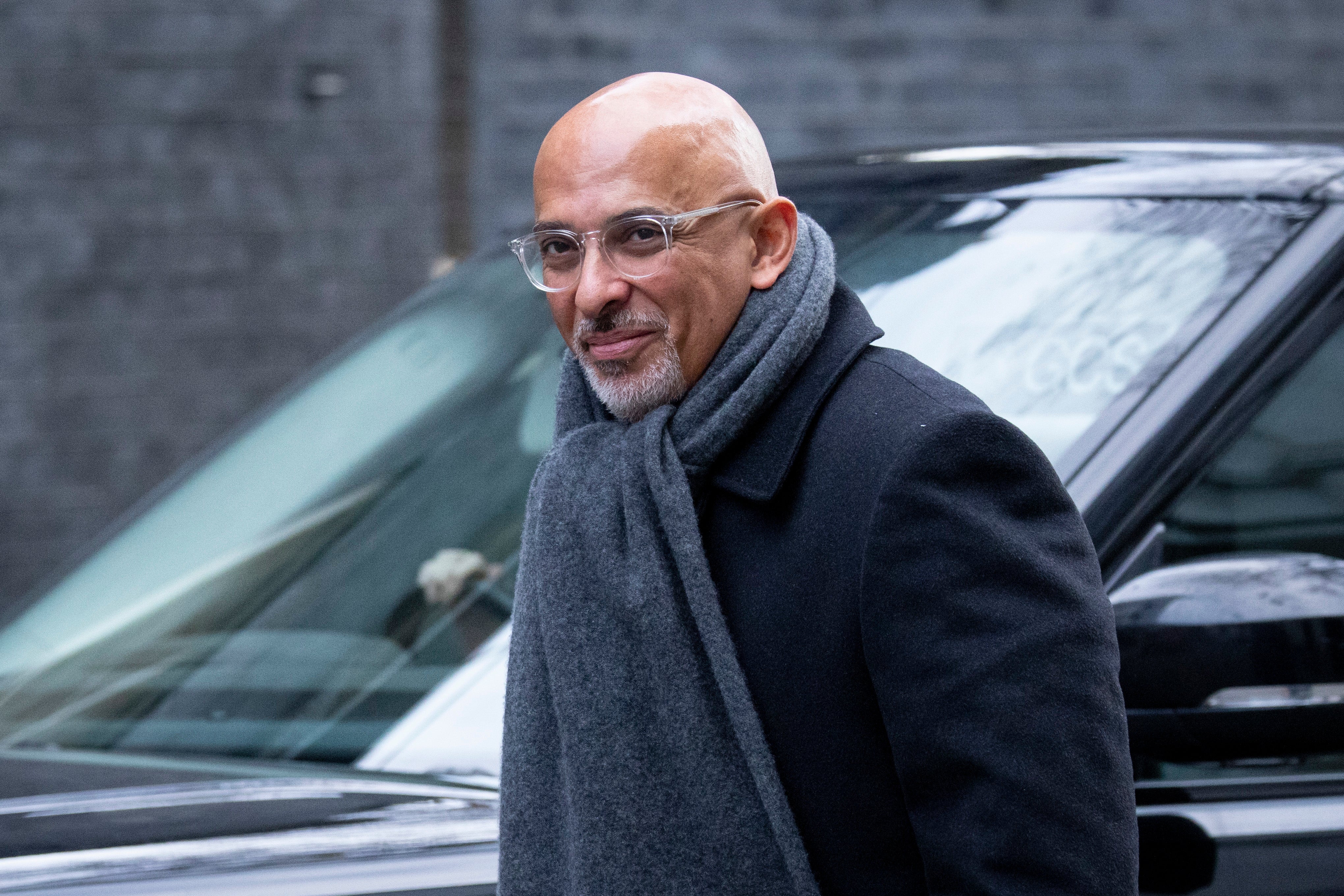The tax affairs of Nadhim Zahawi raise important questions about propriety
Editorial: Zahawi is chair of the Conservative Party and thus one of the faces of the party as it approaches the general election

Rishi Sunak was selected by his MPs to be prime minister partly as a reaction against the cavalier ways of Boris Johnson. In his first words as premier in Downing Street, Mr Sunak declared: “This government will have integrity, professionalism and accountability at every level. Trust is earned.”
Indeed it is, but Mr Sunak’s lofty promises have come to haunt him time and again in his so far brief tenancy of No 10, most recently when he inexplicably refused to talk about whether he used the NHS. Mr Sunak has since been a little more forthcoming, and the issue has died down. The tax affairs of Nadhim Zahawi also raise important questions about propriety, and they are not dying down. Mr Zahawi is chairman of the Conservative Party and, thus, one of the faces of the party as it approaches the general election – though a face with a few metaphorical blemishes at the moment. More to the point, he is a former chancellor of the Exchequer, and thus presumably in charge of His Majesty’s Revenue and Customs around the time when his own tax arrangements were under scrutiny.
We cannot say for sure, because all Mr Zahawi will say is that he pays his taxes, while Downing Street will only add that the prime minister is happy to take him “at his word”. On the BBC, Michael Gove, at his most sophistic, drew a distinction between people who don’t pay their taxes – a story – and those who do pay their taxes – not a story. But people who end up in a dispute with HMRC over millions of pounds, and who are ministers of the crown paid for by the taxpayer? Mr Gove, a former journalist, should concede that that is indeed a bit newsworthy. Embarrassing to those in power, yes, but such is journalism.
That Mr Zahawi has had to admit to settling a “dispute” with the tax authorities over a sum reportedly running into “seven figures” suggests that this is not the kind of oversight that the average taxpayer might fall prey to while wrestling with their P11D and the online self-assessment form. As a highly successful and wealthy businessman, Mr Zahawi must have had access to professional tax advice, but something seems to have gone wrong. Mr Zahawi has indeed paid his taxes, but not necessarily in the way most other people do.
The latest story follows an investigation by the Serious Fraud Office into the former Tory leadership hopeful’s financial affairs that was first revealed by The Independent last year. We cannot know how this is connected to the current controversy, but that is because Mr Zahawi is trying to remain silent on the issue, and his colleagues are doing their best to move the debate on.
It is not a sustainable position, and we have been here before, all too often, when ministers and MPs of all parties attempt to escape legitimate scrutiny and defy the public’s right to know by clamming up. As the life and times of Mr Johnson demonstrate all too graphically, such questions do not go away and they tend to distract and demoralise politicians until they eventually decide either to come clean or risk destruction. The longer they delay the inevitable, the worse it looks to the public.
It is simply not possible for Mr Zahawi to throw allegations about propriety and tax policy at his political opponents while he himself is under this cloud of uncertainty. Even if his word is good enough for Mr Sunak – and it is rather a cautious defence from No 10 – it is not good enough for taxpayers and voters. Mr Zahawi will be mocked from here to polling day if he continues to stonewall such crucial questions, and what positive messages the government has will go unheeded.
To borrow Mr Sunak’s words, it is a matter of trust and of integrity. At the moment, all manner of wild speculation has been sucked into the vacuum of silence left by ministers, and the least worst option for them now is to say what the dispute was about, how and when it was resolved – including if Mr Zahawi availed himself of any VIP fast-track channels – and for Mr Zahawi to say sorry, if merited.
As Partygate proved once again, there is nothing more toxic for a politician to be thought of than a hypocrite – one rule for those they govern, another rule for themselves. At a time when the national tax burden is running at post-Second World War highs, it adds insult to fiscal injury to think that a senior minister may have been reluctant to pay his dues to fund hard-pressed public services. Given the controversial non-dom status claimed by Mr Sunak’s wife and former chancellor Sajid Javid, albeit when he was a banker, the Tories are beginning to look like they think taxes are just for the little people. It is not a winning image.
Join our commenting forum
Join thought-provoking conversations, follow other Independent readers and see their replies
Comments
Bookmark popover
Removed from bookmarks